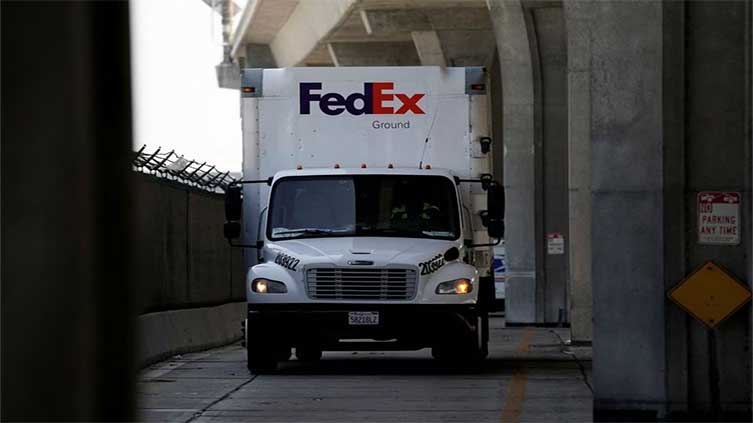FedEx to combine delivery units as part of $4 billion cost-cut push

Business
FedEx to combine delivery units as part of $4 billion cost-cut push
LOS ANGELES (Reuters) - FedEx Corp. said on Wednesday it will consolidate its separate delivery companies into a single entity, in a move to slash costs and better compete with United Parcel Service and Amazon.
The decision to integrate FedEx Ground, its outsourced package delivery arm, with the FedEx Express overnight air delivery business was announced almost a year after activist investor D.E. Shaw pushed for change and won two additional board seats.
The deflating e-commerce delivery bubble and specter of potential recession over the past year has intensified pressure on Chief Executive Officer Raj Subramaniam to streamline operations.
"We believe now is the right time to reorganize how we work together," Subramaniam told a company meeting in New York City.
The combined business is expected to handle all deliveries from June 2024 as part of the wider plan by the Memphis-based group to cut $4 billion in permanent costs by the end of its 2025 financial year.
John Smith will become president and CEO of U.S. and Canada ground operations at FedEx Express and assume leadership of surface operations across the FedEx Express, FedEx Ground and FedEx Freight businesses from April 16.
FedEx Freight will continue to provide freight transportation services as a standalone company under the Federal Express Corp banner, the company added.
Shares in FedEx, which also announced a 10% dividend boost on Wednesday, were about 1% at $228.69.
The new structure would end roughly two decades of separate delivery operations and create an entity similar to cost-conscious rival UPS, which has outperformed FedEx despite having a more expensive union labor force.
The company is testing the new combined service in Minneapolis, executives said. FedEx Express is already handling FedEx Ground's pickups and deliveries in Alaska and Hawaii where air service dominates.
Critics noted that FedEx executives had a years-long struggle with its TNT integration in Europe and let overhead expenses swamp its labor cost advantage over UPS.

